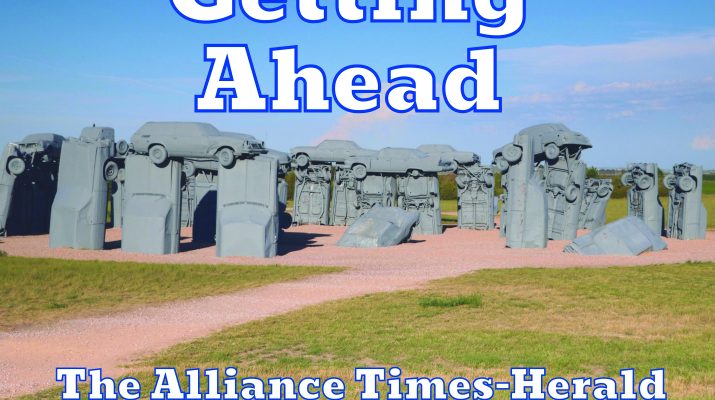“He (Pope Francis) is very close to us,” said Father Gabriel Romanelli. “All the time he called us throughout this war – this horrible war – for more than a year and a half, he would call for peace and send his blessings to all of Gaza’s people.”
Every day since the beginning of the war in Palestine 18 months ago, the Pope rang the Holy Family Church in Gaza City around 8 pm. Father Romanelli is the pastor of Gaza’s only Catholic parish. On most days, the call lasted about 15 minutes, during which the Pope would speak with the church leaders and some of the Palestinians sheltering at the church. His final call, on the Saturday before Easter, lasted less than a minute.
Last week the world was saddened by the death of Pope Francis.
Why has this Pope moved the world in ways no other has? Even those of us who are not Catholic watched his actions and read his messages.
Elected pontiff in 2013, Pope Francis had been archbishop in Buenos Aires, Argentina. He represented a region that was not Europe or an area formerly controlled by the Roman Empire, and he saw the world through a different lens. As a Jesuit, he focused on the poor and marginalized. He was concerned about violence throughout the world and about the effects of climate change, especially on third-world nations.
I remember Christmas messages where Pope Francis reminded us that the Son of God was an outcast who faced rejection and lived in poverty. He reached out to the poor, the forgotten, the invisible. He talked about Joseph, Mary, and their baby Jesus fleeing to Egypt. Migrants, refugees.
This week, as I followed stories about Pope Francis, I learned that his family was also migrants, refugees. His grandparents and father, devout Catholics, fled from Italy under the rise of Mussolini’s Fascist regime.
According to the New York Times obituary, he organized food kitchens, tripled the number of priests assigned to the slums, and built schools and drug rehabilitation centers during Argentina’s 2001-02 economic crisis. Before every Easter, he visited prison inmates, AIDS patients or older people, a practice he continued during his papacy. We’ve all seen pictures of him washing feet during Holy Week.
Since I am not a Catholic, I cannot speak to the changes in the church under Pope Francis. But I am a member of the Alliance Community/Poverty Task Force. I have felt his nudges (sometimes elbows) as we work to provide assistance to the people in our community who do not have enough resources to support themselves. The Pope appealed to us all to “use the resources available to help the needy, to fight hunger, and to encourage initiatives that promote development.”
His Easter, 2025, message, which Pope Francis was unable to personally deliver, included prayers for these war-torn nations: Lebanon, Syria, Yemen, Ukraine, Armenia, Azerbaijan, western Balkans, Democratic Republic of the Congo, Sudan, and South Sudan; and Myanmar after their devastating earthquake. His Christmas message included prayers for these regions, as well as the African nations whose people were dying of a measles outbreak.
“What a great thirst for death, for killing, we witness each day in the many conflicts raging in different parts of our world? How much violence we see, often even within families, directed at women and children? How much contempt is stirred up at times towards the vulnerable, the marginalized, and migrants?”
“The true common good,” Pope Francis wrote in one of his last messages, “is promoted when society and government… welcomes, protects, promotes and integrates the most fragile, unprotected and vulnerable.” May we each have the strength to follow his guidance.

